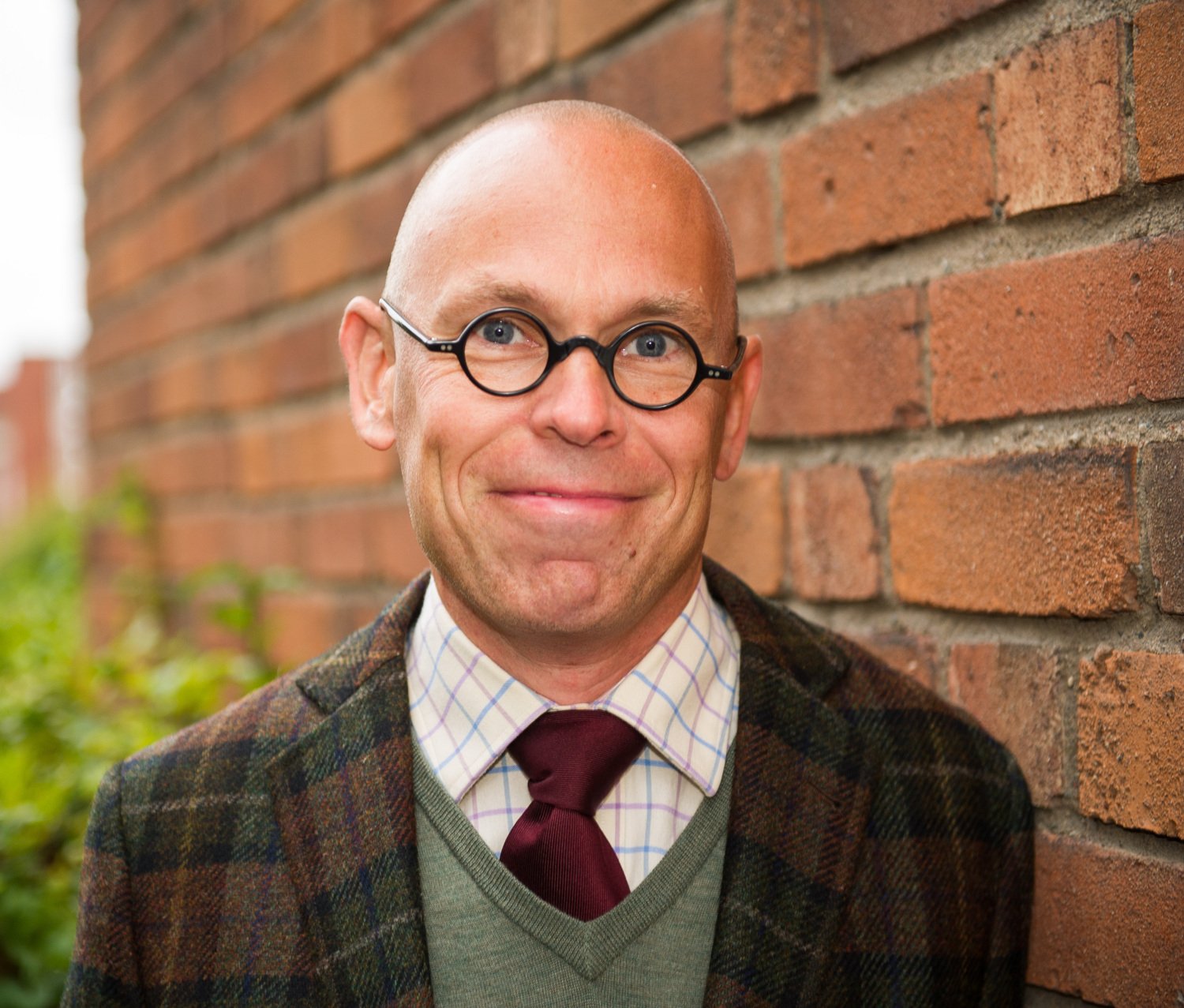MedEd Studio: Exploring inclusive education - Practical insights on addressing trans issues
Join Jonas Nordquist in conversation with Mats Holmberg in this episode of MedEd Studio as he shares practical insights on addressing trans topics in health professions education. Explore actionable strategies for managing sensitive discussions, fostering inclusivity, and supporting diverse learners. This episode is your guide to navigating challenging yet essential aspects of teaching at Karolinska Institutet.
"On the bus. Or in the que at the local grocery store. You are always in other people’s focus, direct or indirect. Some people just look at you somewhat longer than socially appropriate and comfortable, others might even make open comments. It’s even worse, much worse actually, in a bar when people had a glass of wine too much. Not fun at all and sometimes even rather dangerous.
Why? It’s about your percieved gender identity. Does your displayed gender identity - the way you express yourself - really match with your “biological sex” as perceived by other people?
Gender identity is central for most human beings, deeply rooted and embedded in a gendered culture. What is perceived in a specific culture as “male or female” varies over time but to transgress these social constructs might come to a high individual price.
I personally identify as male and my sex at birth was classified as “boy”. Consequently, I prefer to be called “he”. But what if someone started to treat me, and relate to me, as a woman and perhaps even address me as “she”? What if people, whom I might not even know, openly challenged me about my gender identity? Or, if I would feel unsafe in certain environments just because of my gender identity as perceived by strangers. My apologies, but that kind of life would be terrible. I cannot simply imaging. Still, this is the reality for many trans people.
In early December 2023, I watched the play “That time of the month” at SohoRep in New York. The play addressed issues about sex and reproductive health from a female perspective. Also, trans issues were part of the play. A trans woman appeared on stage, and she spoke about the experience of being trans. I was tremendously emotionally touched by this, and her last line before she left the stage will always stay with me: “Every night when I go to bed, I dream of waking up the next morning as a real woman”.
To be trans means that your classified sex at birth does not match with your gender identity. Trans men are persons classified as “girls” at birth and trans women are individuals classified as “boys”. Modern health care can offer help and alleviate suffering to trans persons through various forms of gender affirmative care, i e hormone treatment or surgery. However, the right to be eligible for this form of medical and mental care is not granted to everyone. In many countries this form of health care is not allowed, and we currently experiencing many health systems are closing these types of services, leaving many trans persons suffering.
Trans issues might be difficult to speak about, or discuss, since there is such a weaponization of the language. Even with a very good intent it might be tremendously easy to step on a political mine by using terminology such as i e “transsexual”. Sometimes, also, terms like “biological sex”, is used in a scientific incorrect way.
All of this said, we cannot be impeded, and scared away, from addressing topics of trans. Engaging in conversations about trans care and issues allows us to learn collectively. It fosters understanding, empathy, and the ability to challenge norms that marginalize or erase trans people in the society as well as in health care. Remember, these discussions are an opportunity for growth and mutual learning. Let us continue to support one another and create a more compassionate and informed educational environment."
- Jonas Nordquist
This MedEd Studio offers practical insights and strategies for addressing trans-related topics in educational settings. Mats Holmberg discuss key considerations around medical diagnoses, treatment contexts, and classroom dynamics, providing tools and tips tailored for educators who aim to create inclusive and equitable learning environments.
With educators already dedicated to their student's learning experiences in mind, this video equips you with specific approaches to navigate complex topics confidently. Whether it’s managing diverse group discussions or understanding the nuances of supporting transgender individuals in education, this conversation provides actionable knowledge to enhance your teaching practices and connect with all students effectively.
Mats Holmberg
Adjunct Lecturer
Jonas Nordquist
Jonas Nordquist, PhD is a medical educationalist. He is the director for Karolinska Institutet’s Prize for Research in Medical Educations Fellows (KIPRIME Fellows).
His research focuses on leadership and implementation of change in health professions education. He has been deeply involved in research and development of physical learning spaces in Sweden and globally.
